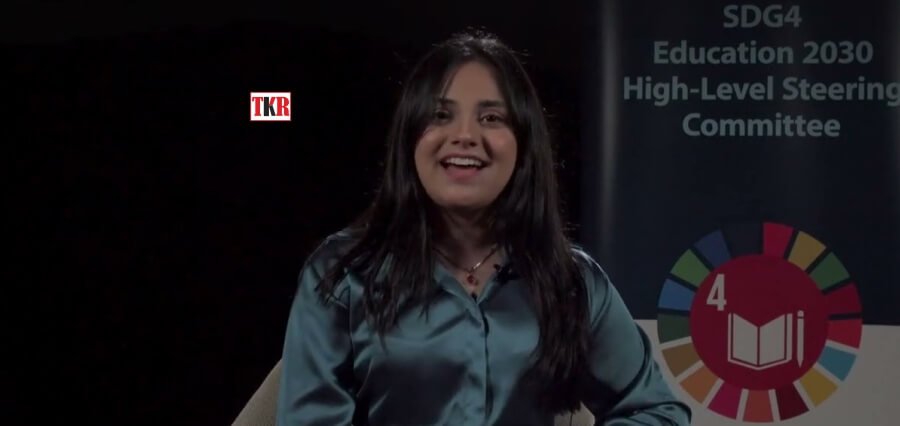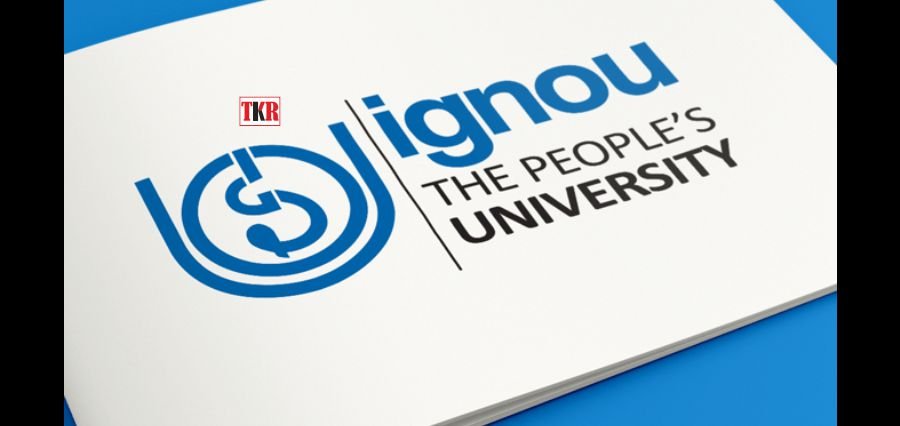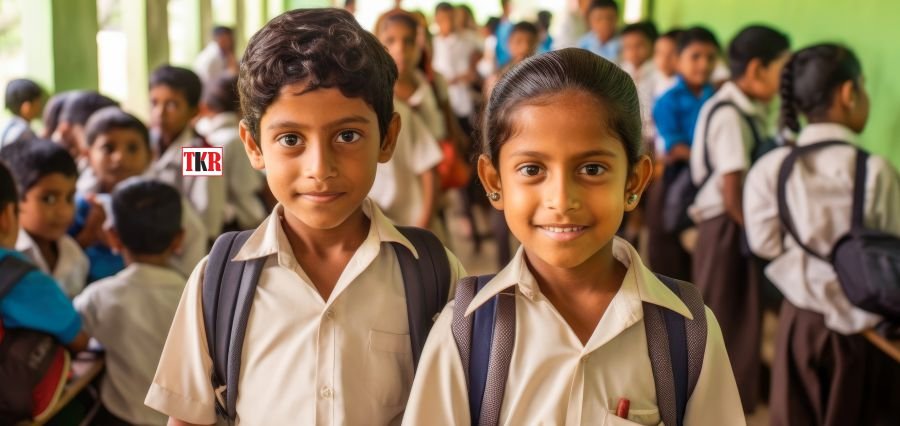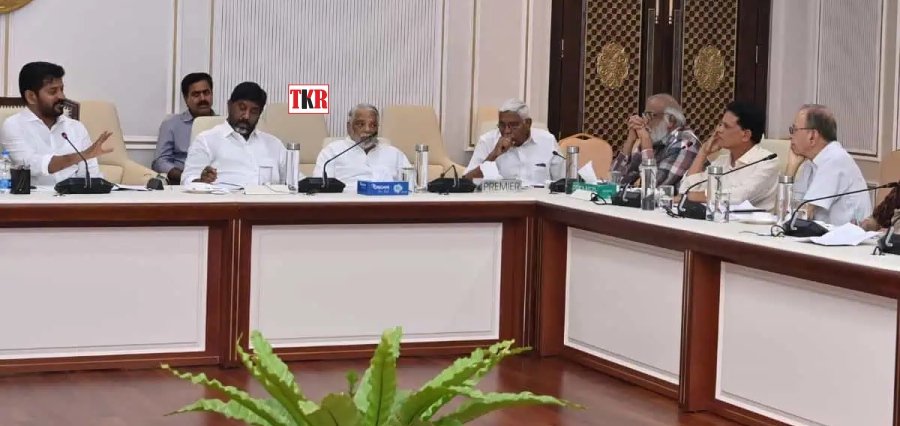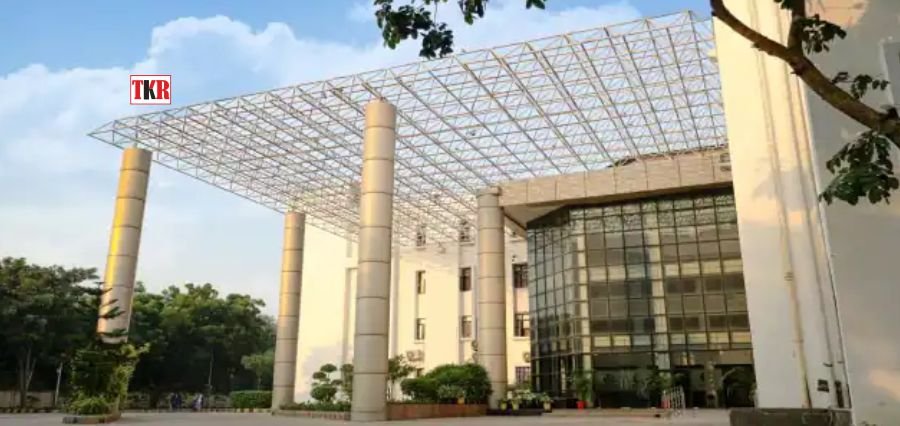The Global Youth Initiative is the first multi-stakeholder global initiative that aims to ensure meaningful youth engagement and leadership in education policymaking. Arora highlighted the role played by the initiative during the Leader’s meeting of the SDG 4 High-Level Steering Committee (HLSC), the global apex body for education cooperation, on November 8, 2023. On the International Day of Education, January 24, 2023, it was officially launched.
The first of its three primary parts is Youth Empowerment and Leadership, which tries to increase capability.
The second aspect is Youth Engagement and Participation, which includes the Global Youth Engagement Indicator, attempts to establish structural chances for the meaningful engagement of young people.
TheThird important factor is the movement for youth-led global education, which involves funding grassroots initiatives for youth-led education
Part of the Global Youth Initiative, the Global Youth Engagement Indicator will encourage nations to report to the HLSC once a year on how they are involving young people in educational decision-making.
The HLSC decided on the indicator in 2022 and also decided on indicators to gauge digital and green education nationally.The Global Youth Engagement Indicator is quite encouraging for Arora.
She stated, “The Global Youth Engagement Indicator is the first of its kind in the SDG framework and will work to ensure that young people are positioned as equal partners in the global education movement as well as at the table where decisions are made.”
Arora also emphasized at the HLSC meeting the significance of viewing youth as experts in the Transforming Education narrative. She noted that youth not only have creative ideas to improve local education systems, but also possess the expertise and experience necessary to turn those ideas into workable solutions.
“We know the skills that we need to have for the future as young leaders with big ideas and bold visions for where we want our education systems to be and what we want them to look like,” Arora continued.According to a 2023 research by UNESCO’s Futures of Higher Education initiative, in order to effectively impact higher education and the future of the world, individuals need to possess qualities such as critical thinking, adaptability, creativity, resilience, and global citizenship.
Initiatives started, directed, or carried out by young people and students that have a good local impact demonstrate these abilities. Ilan Enverga, the newly elected HLSC youth and student representative, for instance, initiated a K-12 (kindergarten to grades 1–12) education program for SDG action and global citizenship in the Philippines; Anupama Pradeepan, an Indian, co-founded the Open Space Foundation, an organization that promotes STEM education in three South Indian states; Francis Odhiambo, a Kenyan, founded ChezaCheza, an organization that assists youth in “building stronger minds through dance.”
“So far, it’s been quite an inspiring journey,” said Kenisha Arora. We witnessed young people in the vanguard of this movement leading discussions, policy dialogues, and grassroots initiatives at the Transforming Education Summit. The SDG 4 young & Student Network has achieved significant progress in raising young engagement in just two years.
As she concluded her term as the HLSC’s youth and student representative on December 31, 2023, Arora offered the following guidance to those who will take over as leaders of the movement toward substantive youth involvement in educational policymaking: “As young people, we are aware of our future and the kind of learners we wish to be in the twenty-first century.
Thus, when young people hear comments like “your ideas and visions are too bold,” I urge them to keep going. When you hear “no,” don’t give up on pounding on the door. Knock repeatedly until someone answers.”
Read More: Click Here

